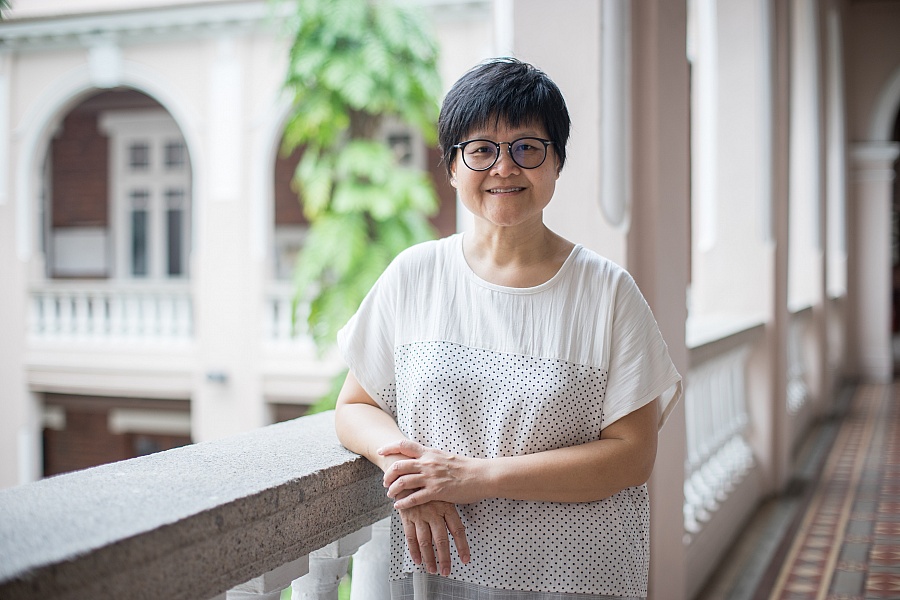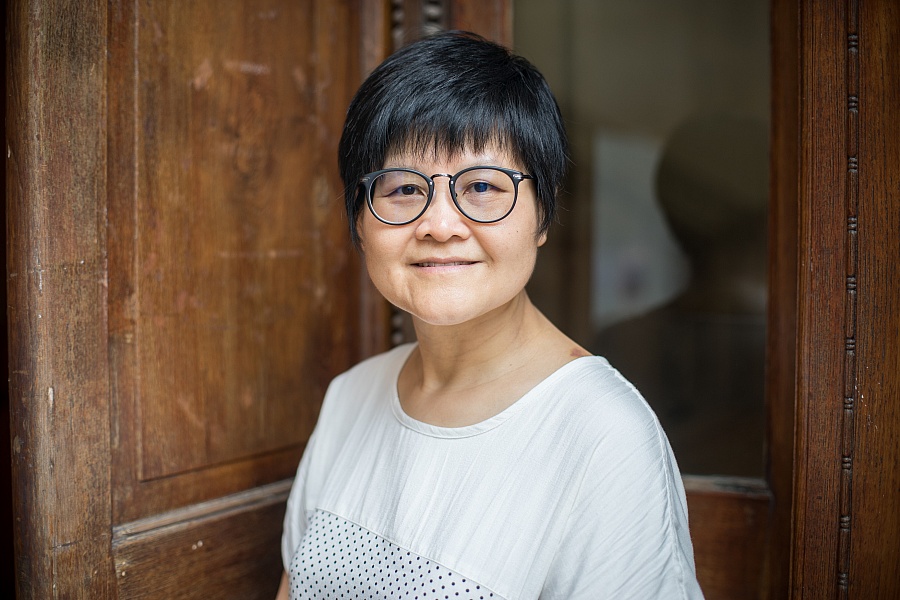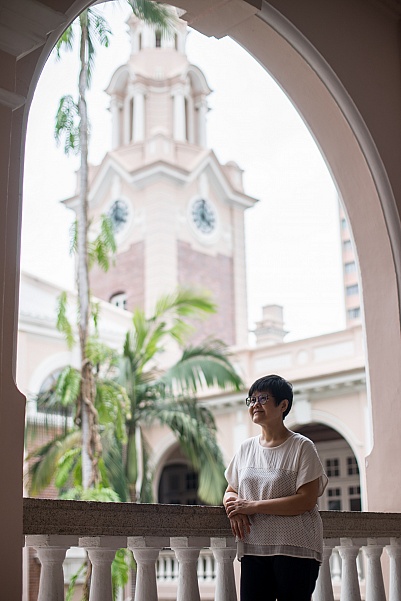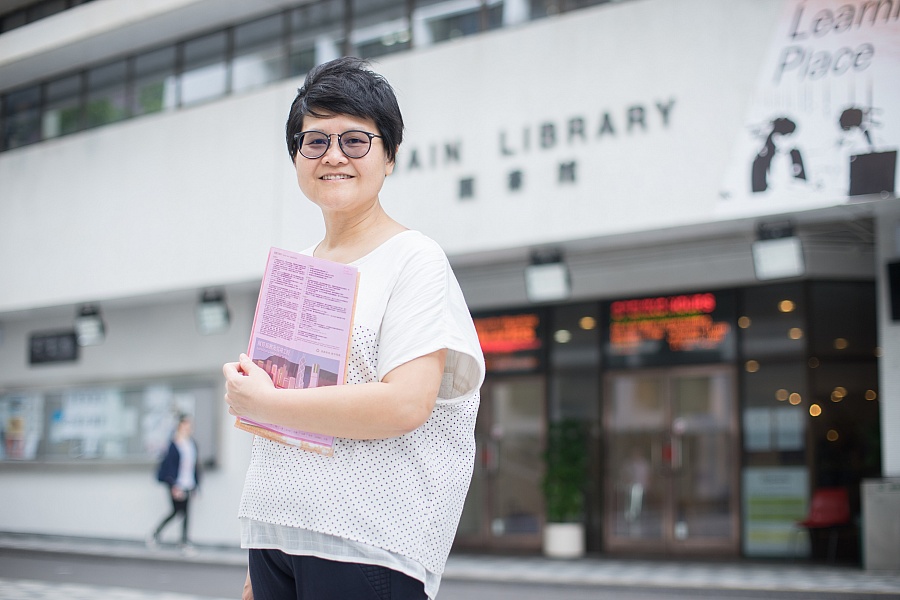Dr. WONG Wai Ling
Researcher, Co-author of Memoryscape: Oral Histories of Aberdeen Fishermen
"Back in 2013, I was a facilitator of a project run by Caritas in Aberdeen. We wanted to encourage the kaifongs to share their stories of Aberdeen. It was my first encounter with Aberdeen fishermen. At that time, the University of Hong Kong CEDAS (Centre of Development and Resources for Students) began using oral history to research on a community’s history. Because of the Aberdeen experience, I told CEDAS that the research should be about the fishing community in Aberdeen.
I became interested in Aberdeen and its fishing community after the Caritas event. Yet the fisherman’s narrative proved difficult to crack. I spoke with a fisherman in Cantonese for 50 minutes. But I could only comprehend five minutes of his talk. There were words that I was unable to catch. I also had difficulties relating to his experience and forming a coherent image. After this encounter, I realised that there is a blank page in Hong Kong history. Even though the Hong Kong narrative begins with “the city used to be a fishing village”, we do not know how that transformation came about. I have researched on Hong Kong history for some time. However, the fisherman made me realise my ignorance. I think this is a gap between the Hong Kong people and our unclaimed history.
Before taking up this research, I have hardly been to Aberdeen. It is remote and not relevant to our daily lives. Now, I can form a mental map and connect the fishing community with places like Shek Pai Wan, Aberdeen Centre and South Horizons. Quite a number of fishermen moved to Shek Pai Wan Estate after they gave up their fishing vessel licenses. The wealthier fishermen bought properties in Aberdeen Centre to settle their family. The modern fishing vessel is purely a work space, only the fishermen and their staff reside in the vessels when out fishing in the open sea.
After the Aberdeen research, I keep stressing that we are ignorant of our city. We say we know Hong Kong, but our Hong Kong is pictured from the land people’s perspective. We lack a seafarer’s perspective. The boat people scatter around Aberdeen, Stanley, Po Toi Island and Lamma Island. On the one hand, they identify with Aberdeen or Lamma. Yet on the other hand, they form one community. They mingle and inter-marry within this tight-knitted community.
Ocean culture is integral to Hong Kong. In the past, most of the travel was conducted by boat. Ships going to Shantou (Sawtou) and Shanwei (Swabue) travel south via Aberdeen before turning east for the open sea. Many people in Hong Kong have their homeland in Shantou and Shanwei. Yet, they have no idea how their ancestors came to Hong Kong. Now, we know they came by boat.
We know Hong Kong was an entrepôt in the 19th century. But not all of us know that British ships travelled from Europe to China via Hong Kong. After they left Aberdeen, the ships sail east to reach Xiamen and Zhejiang. Towards the south, waters in Stanley and Tai Tam Bay used to be fertile grounds for fishing.
People on the land tend to despise the boat people, so they call the boat people “Tanka”. Tanka carries the connotation of “uncivilized” and “barbarous”. But they have their unique culture and heritage. They adapt with their smarts. Running a fishing boat is like running a factory or company. Fishermen also talk about profit and productivity.
In short, the boat people are not 'The Others'."






